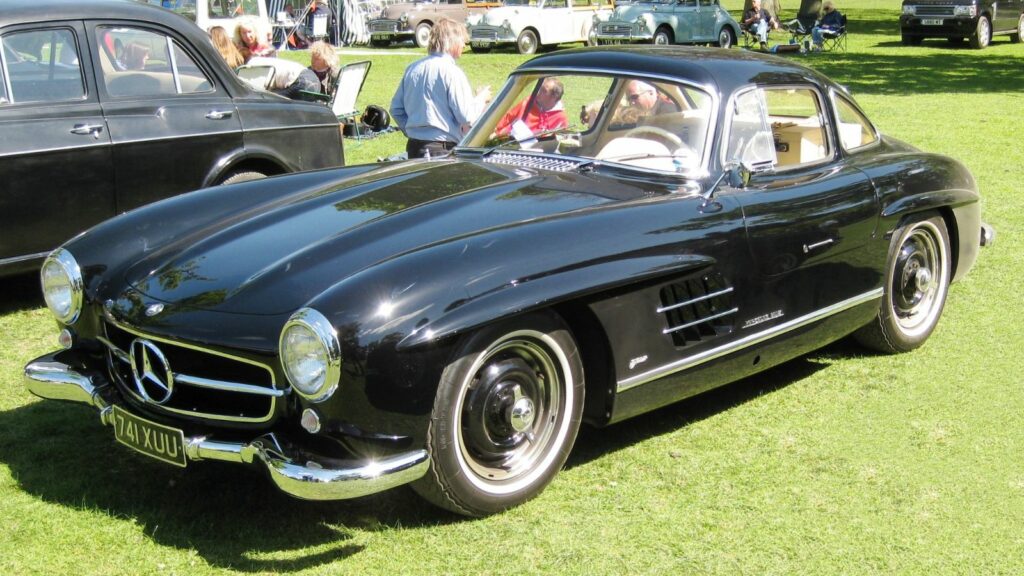The 1950s were one of the most transformative decades in automotive history. Postwar prosperity fueled innovation, design flair, and international competition. American cars grew larger, bolder, and more flamboyant, while Europe’s finest automakers produced some of the most elegant and performance-oriented machines ever built. Together, they created an era where the automobile became as much a cultural symbol as a mode of transport. Here are fifteen cars from the 1950s that defined the decade and made it unforgettable.
1955 Chevrolet Bel Air
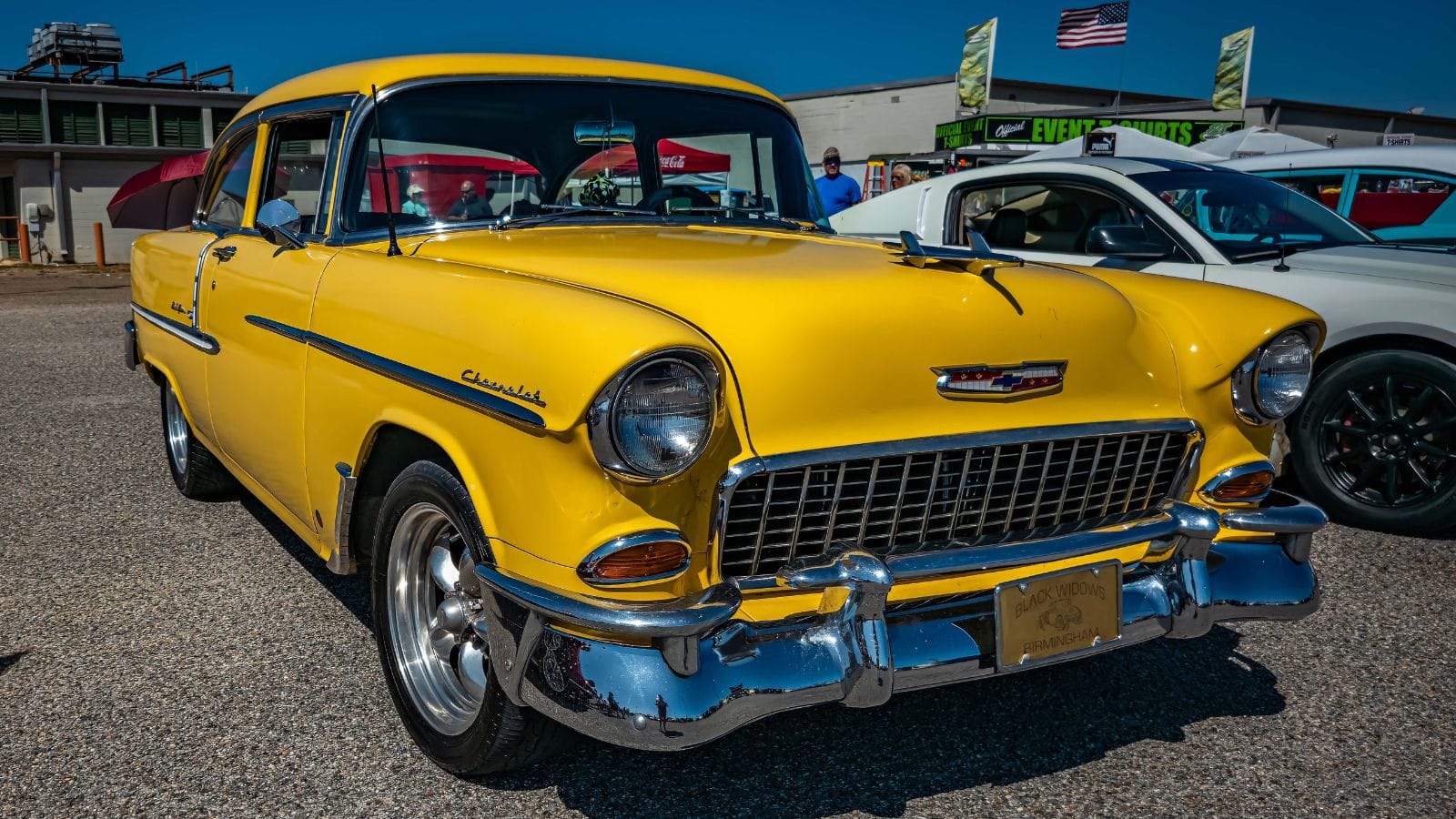
The 1955 Bel Air was the car that brought jet age styling to the middle class. With its two tone paint schemes, sweeping chrome, and available small block V8, it became the face of affordable style and performance. It was a family car that looked glamorous enough for a Saturday night on the town.
1959 Cadillac Eldorado
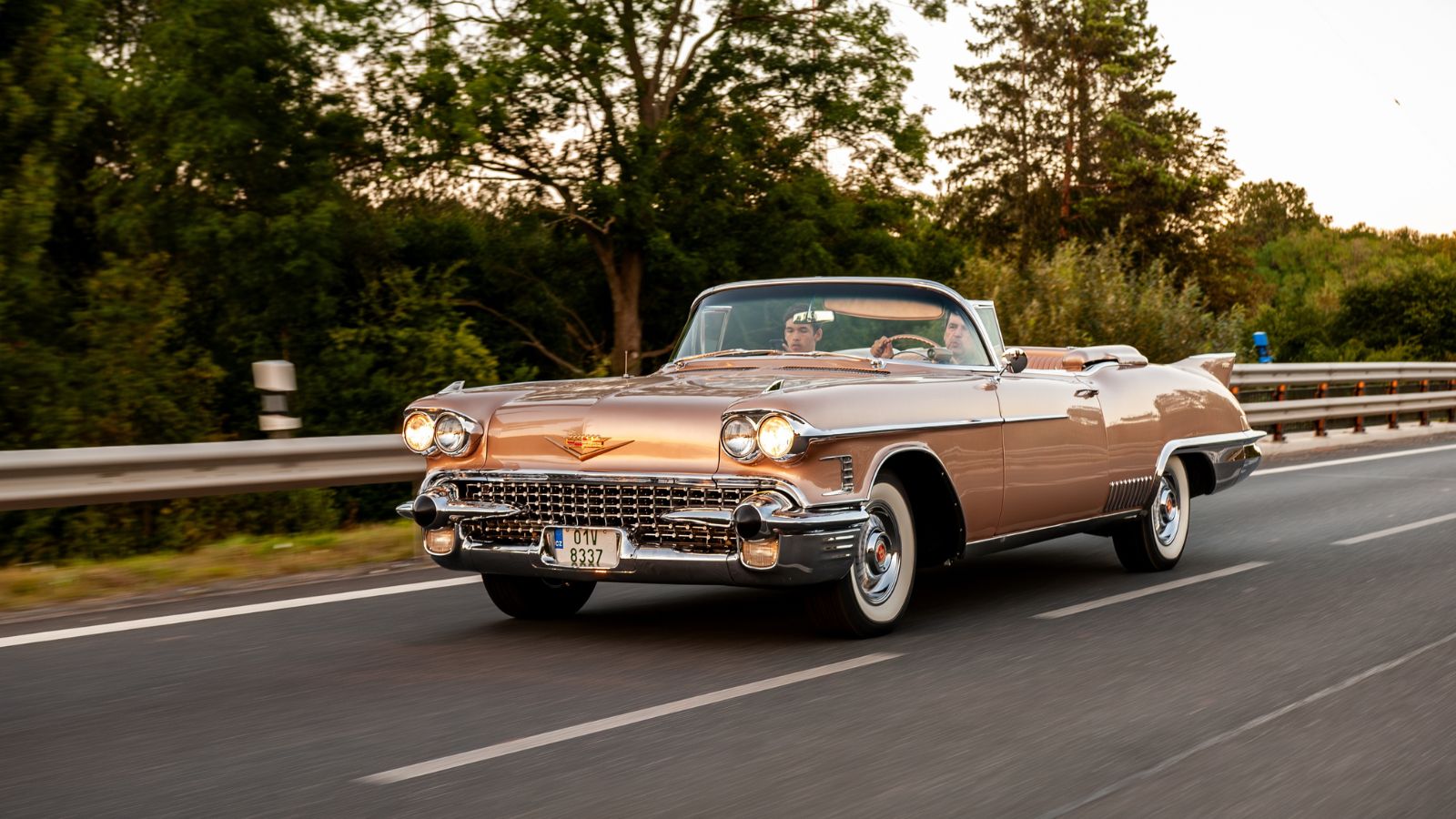
The Cadillac Eldorado of 1959 defined excess in the best way possible. Its massive tailfins, jewel like taillights, and chrome heavy bodywork remain some of the most flamboyant styling choices in automotive history. It was a rolling symbol of American confidence and remains one of the most recognizable cars of all time.
1953 Chevrolet Corvette
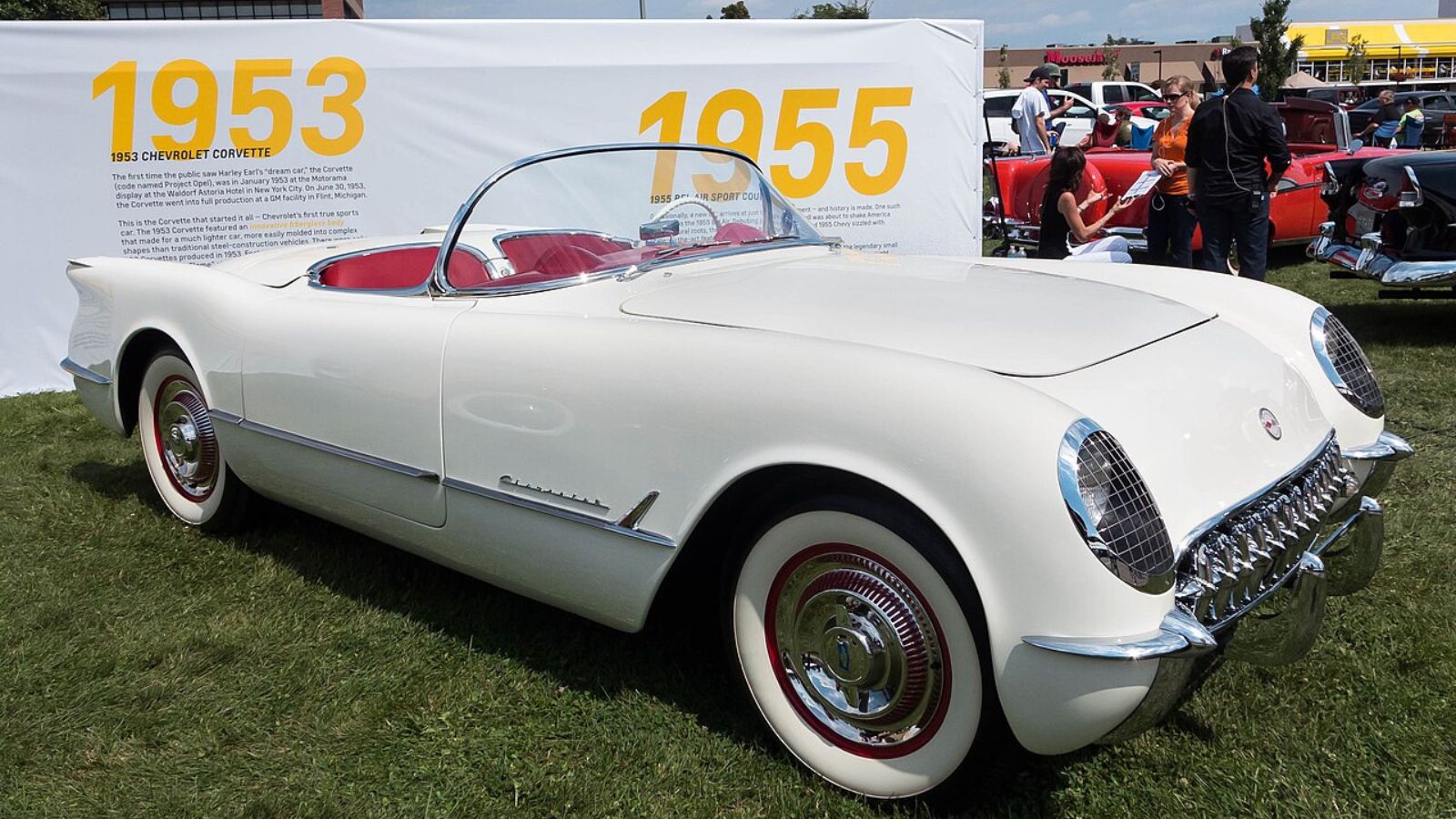
America’s first true sports car made its debut in 1953 with a fiberglass body and clean roadster lines. While its inline six engine was modest, the Corvette’s design made a bold statement. It laid the foundation for a performance dynasty that still carries on today.
1956 Ford Thunderbird
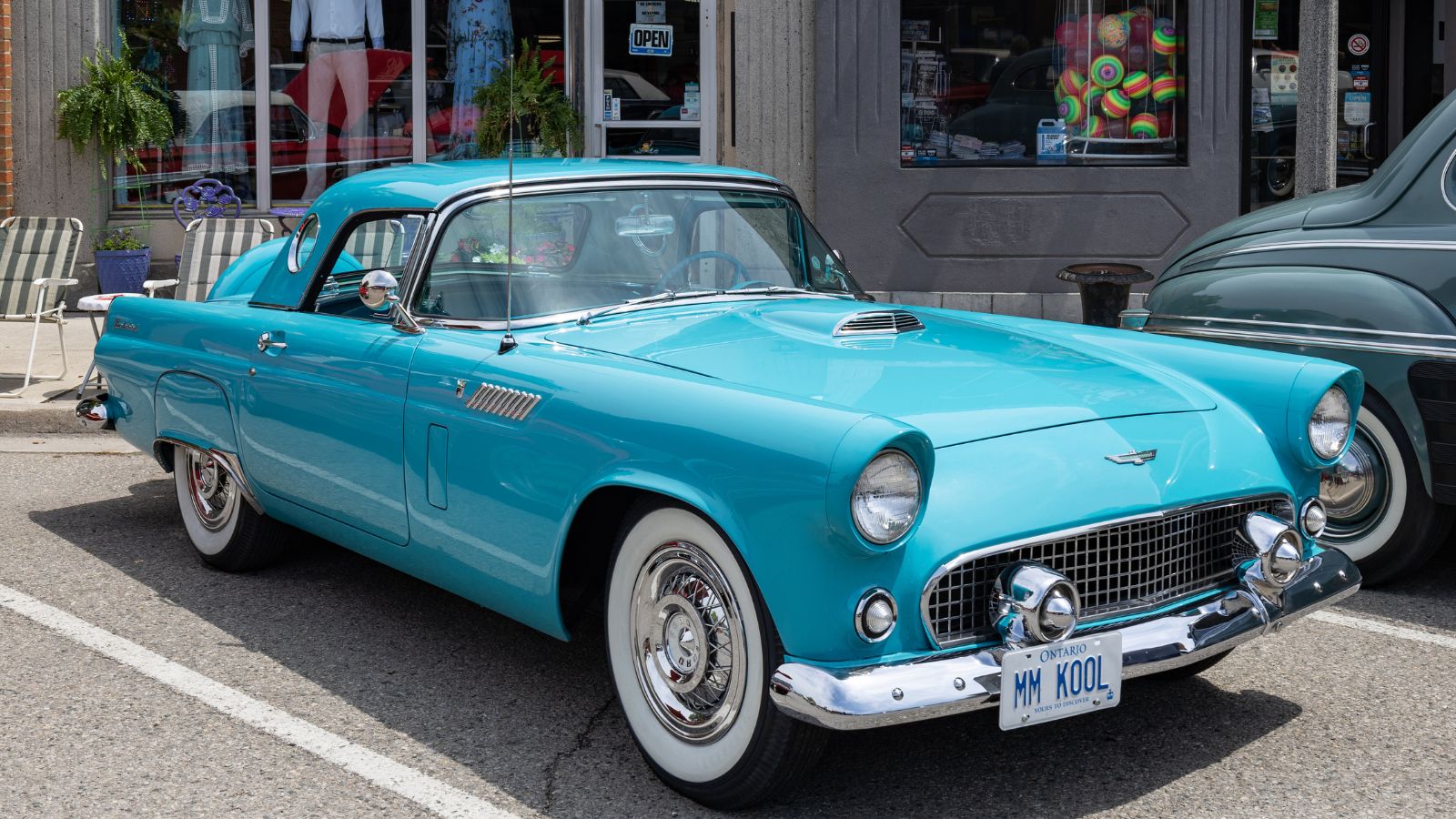
Ford’s answer to the Corvette came in the form of the Thunderbird. Instead of being a raw sports car, it was a personal luxury roadster, combining V8 power with comfort and style. The Thunderbird carved out a new market and became one of the most desirable cars of the 1950s.
1955 Chrysler C300
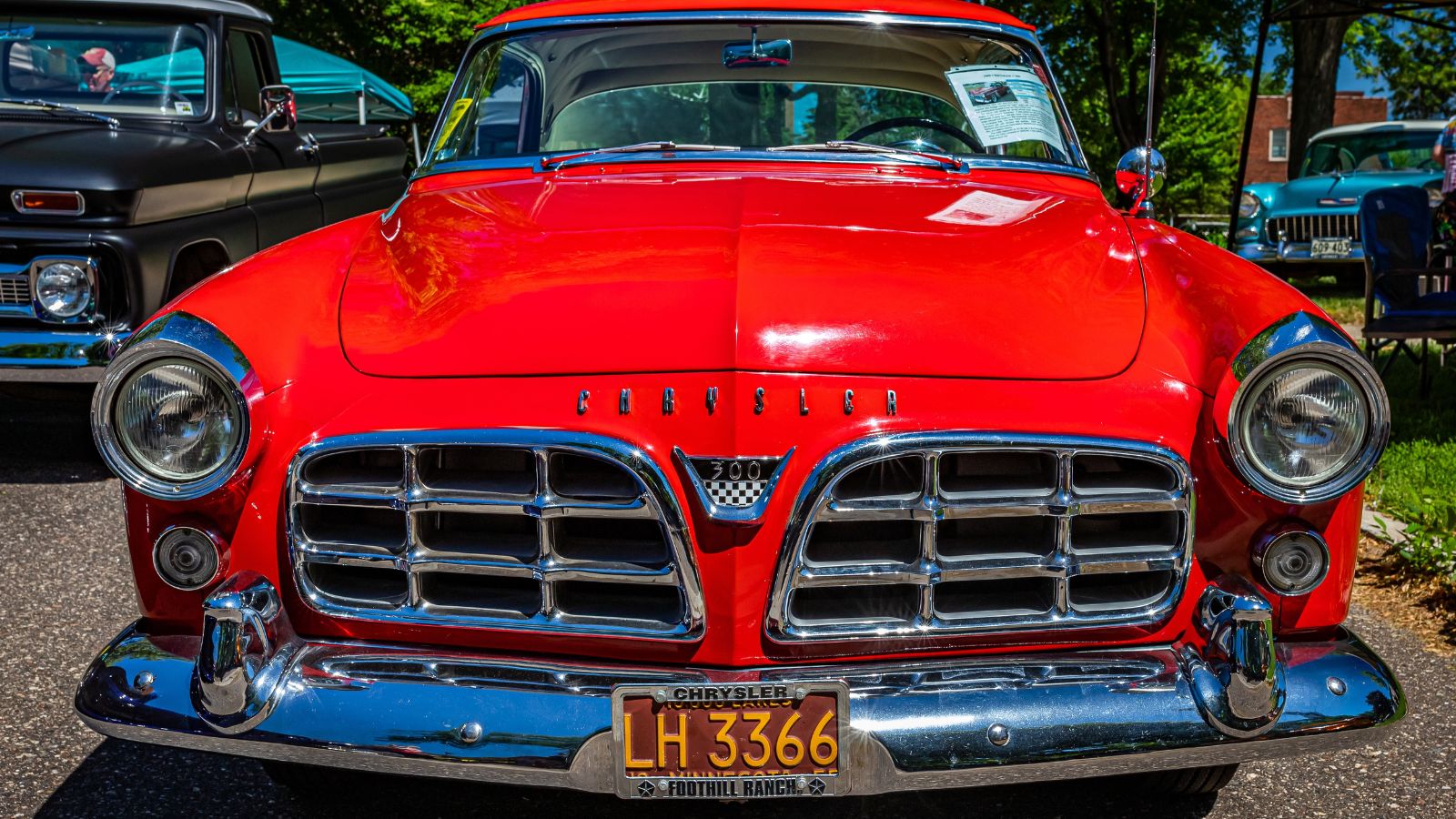
The Chrysler C300 earned its name from being the first American car to hit 300 horsepower thanks to its HEMI V8. It combined refined styling with brutal performance and dominated NASCAR in its day. This was the beginning of the American muscle car mentality—power with presence.
1954 Mercedes Benz 300SL Gullwing
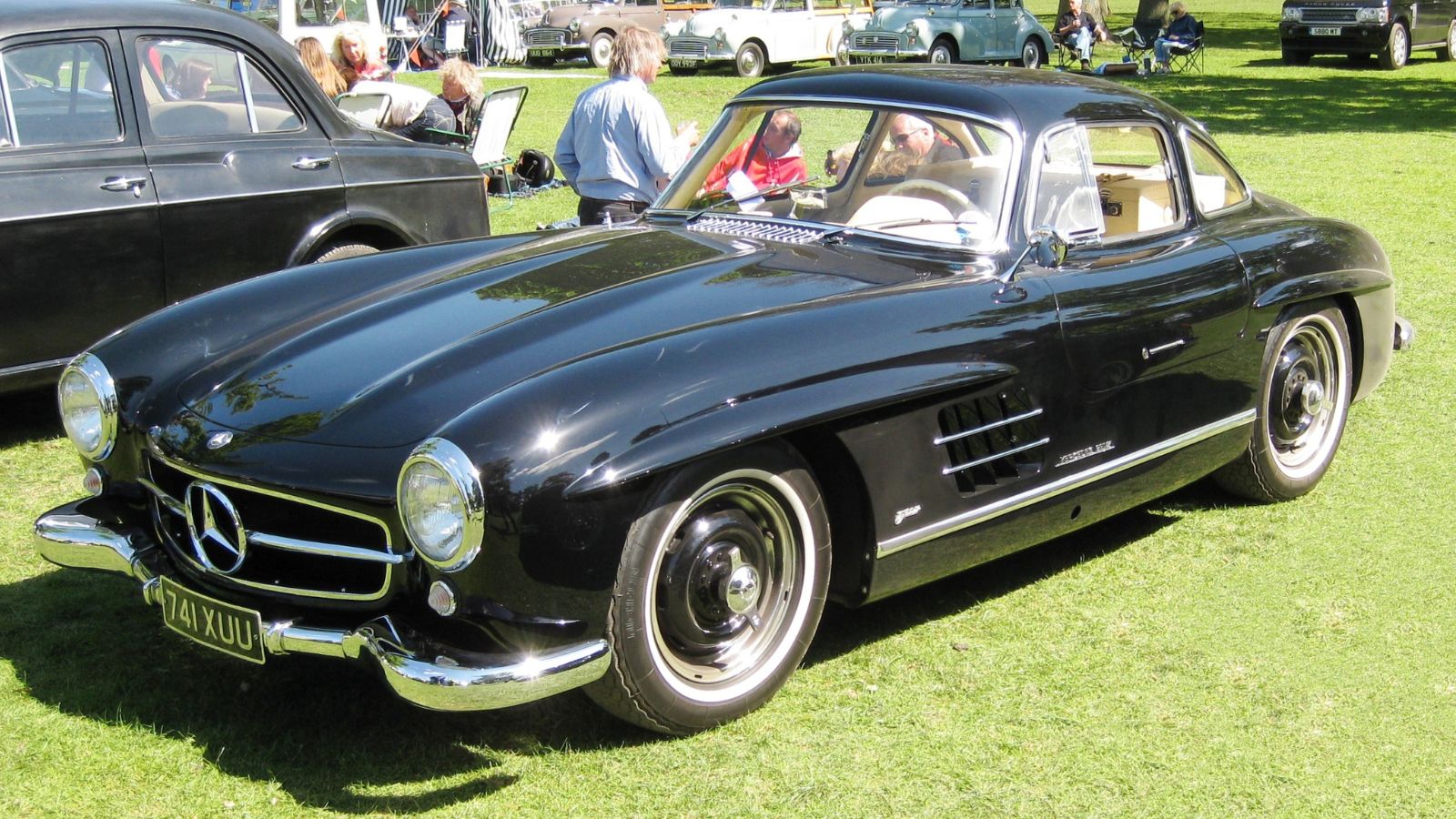
The Mercedes 300SL stunned the world with its futuristic upward opening gullwing doors and advanced engineering. It was the first production car to feature fuel injection and could reach speeds north of 150 miles per hour. It was both a technical masterpiece and a style icon, still revered as one of the most beautiful cars ever built.
1951 Hudson Hornet
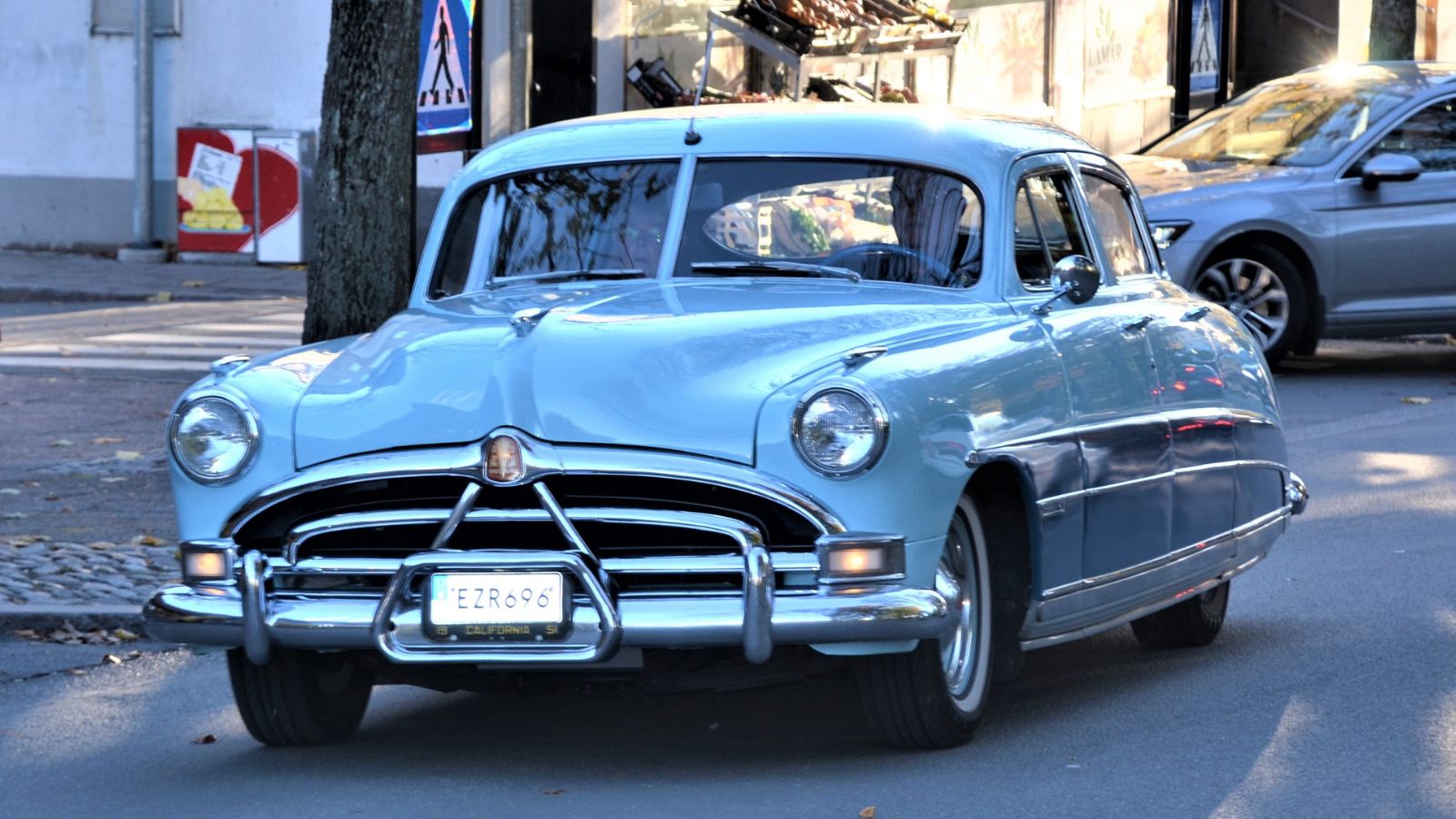
The Hudson Hornet showed that style and speed could go hand in hand. With its step down chassis that lowered the center of gravity, it became a terror on NASCAR tracks. It was also one of the first family cars to double as a legitimate racing machine, cementing Hudson’s place in American racing history.
1957 Jaguar XK150
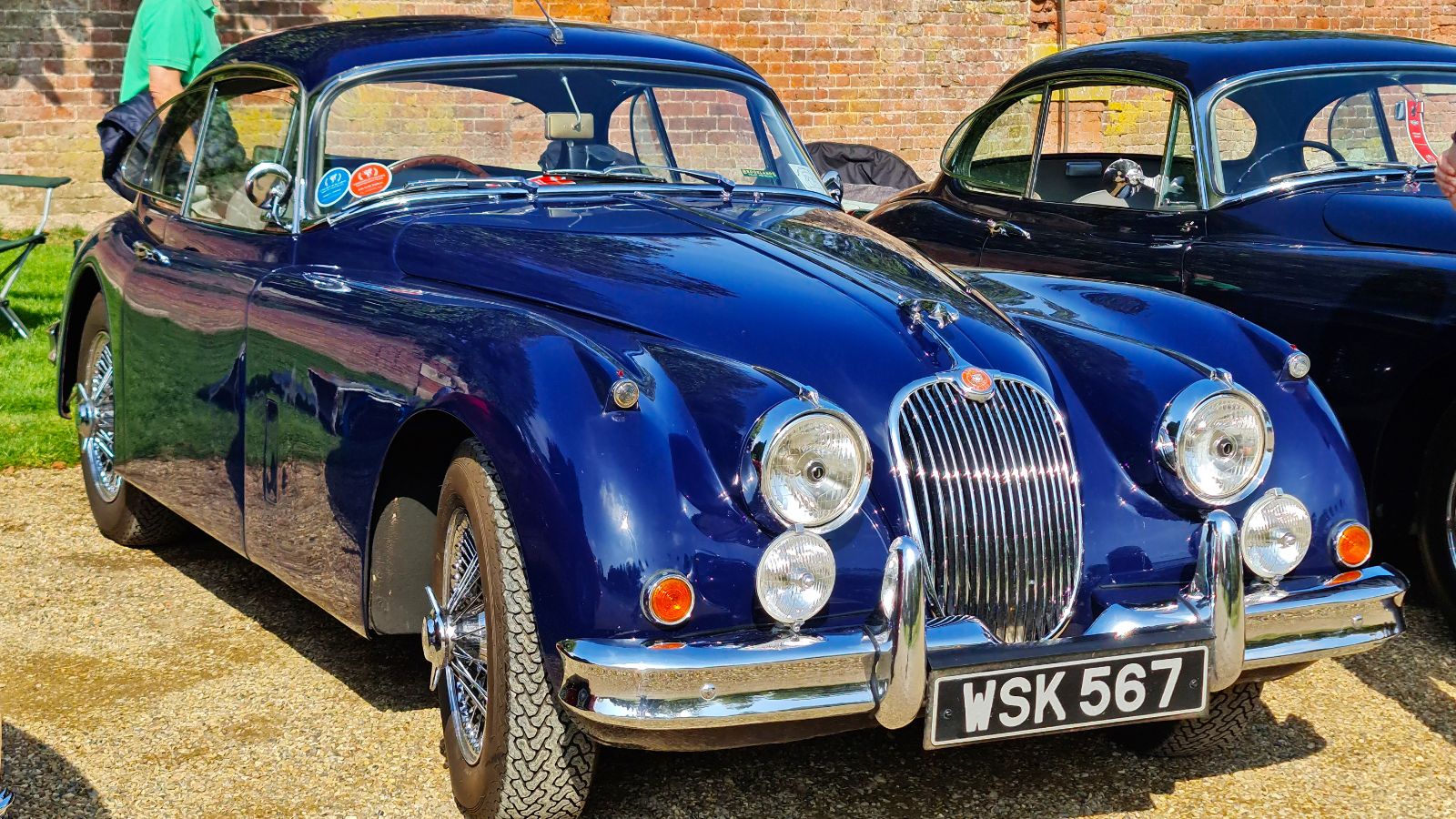
Jaguar’s XK series defined British sports cars in the 1950s, and the XK150 was the final and most refined version of the line. With disc brakes, a 3.4 liter straight six, and elegant curves, it offered both performance and sophistication. Jaguar’s presence on road and track made it a global icon of style and speed.
1958 Ferrari 250 Testa Rossa
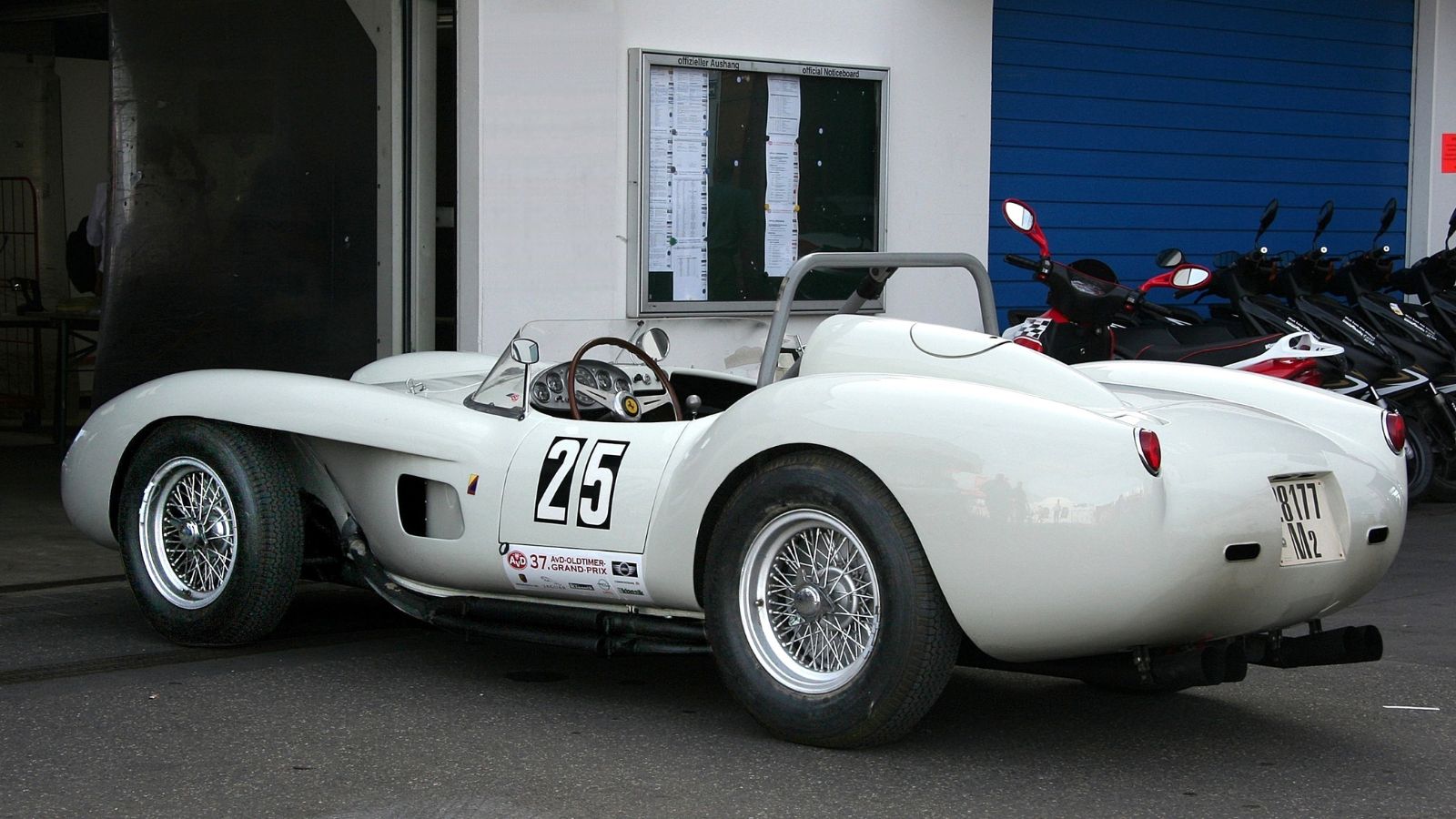
Ferrari was cementing its dominance in racing during the 1950s, and the 250 Testa Rossa became one of its greatest achievements. Its lightweight body, V12 engine, and striking styling with pontoon fenders made it a star of endurance racing. This was the Ferrari that helped build Maranello’s reputation as the ultimate racing marque.
1959 Aston Martin DB4
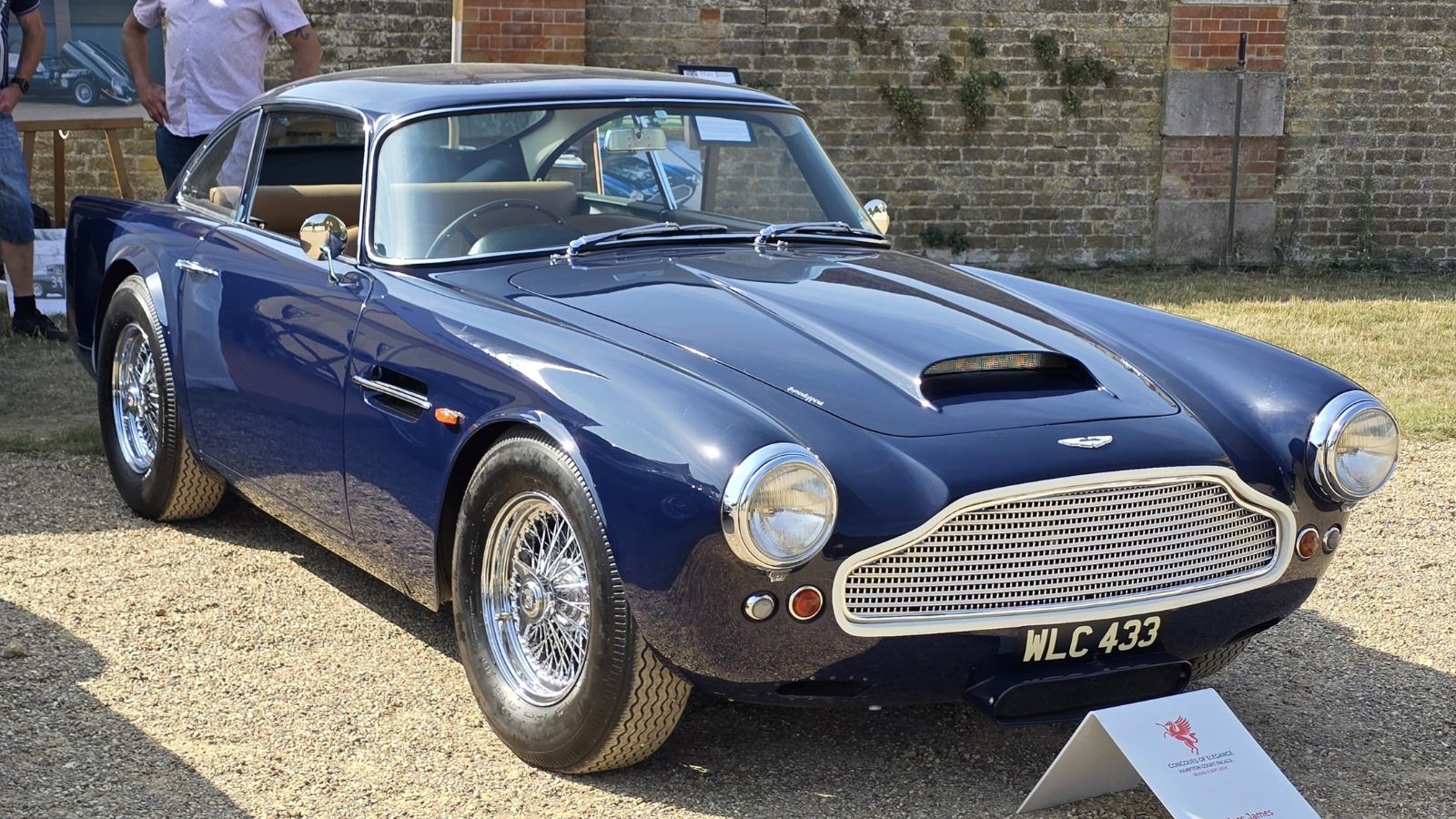
Aston Martin’s DB4 brought elegance and performance together in a way only the British could. Styled by Carrozzeria Touring of Milan and powered by a new straight six, it was sophisticated, fast, and luxurious. It laid the foundation for the DB5 that would become James Bond’s ride, but in its own right, the DB4 defined grand touring in the late 1950s.
1957 Fiat 500 Nuova
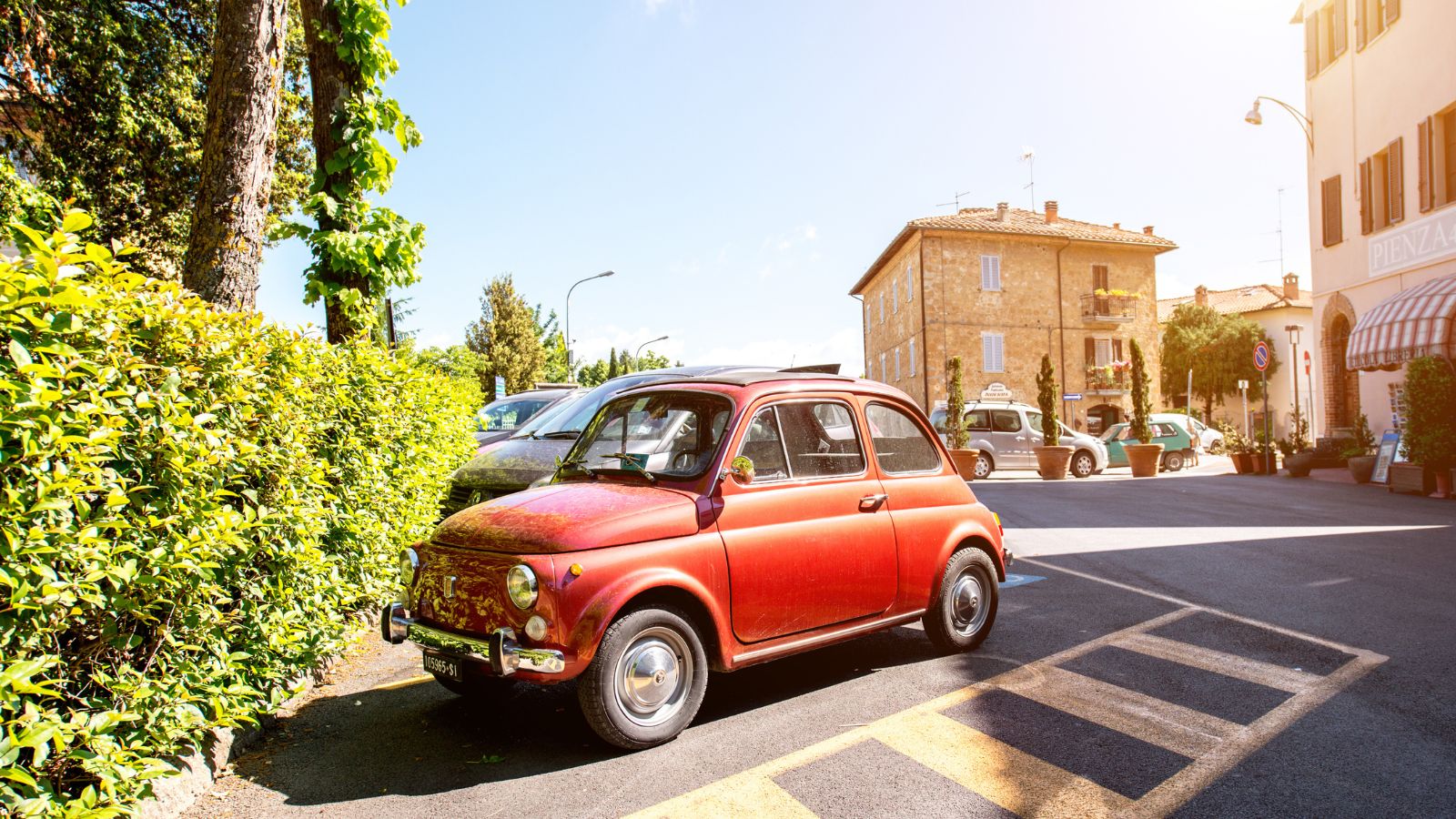
The Fiat 500 Nuova was the people’s car of postwar Italy. Tiny, affordable, and charming, it put a nation back on wheels. It became an icon of practicality and style, representing Italian ingenuity. While it had only 13 horsepower, it was fun, approachable, and perfectly suited for narrow European streets.
1955 Citroën DS
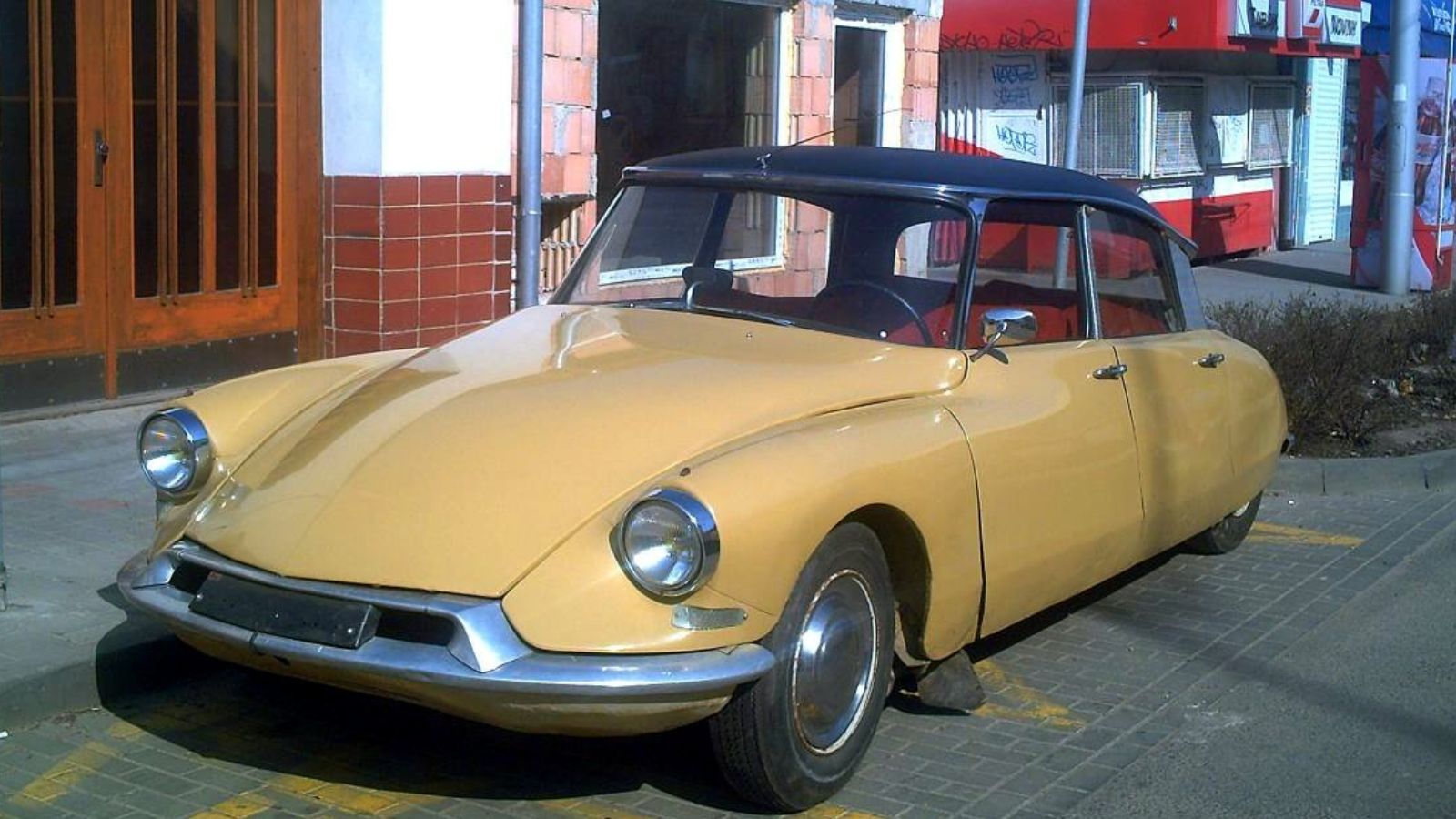
Few cars shocked the world like the Citroën DS when it debuted in 1955. Its futuristic styling, hydropneumatic suspension, and advanced aerodynamics made it seem decades ahead of its time. It was elegant yet practical, and in France it became a symbol of innovation and modernity. Even today, it looks like a concept car brought to life.
1957 Buick Roadmaster
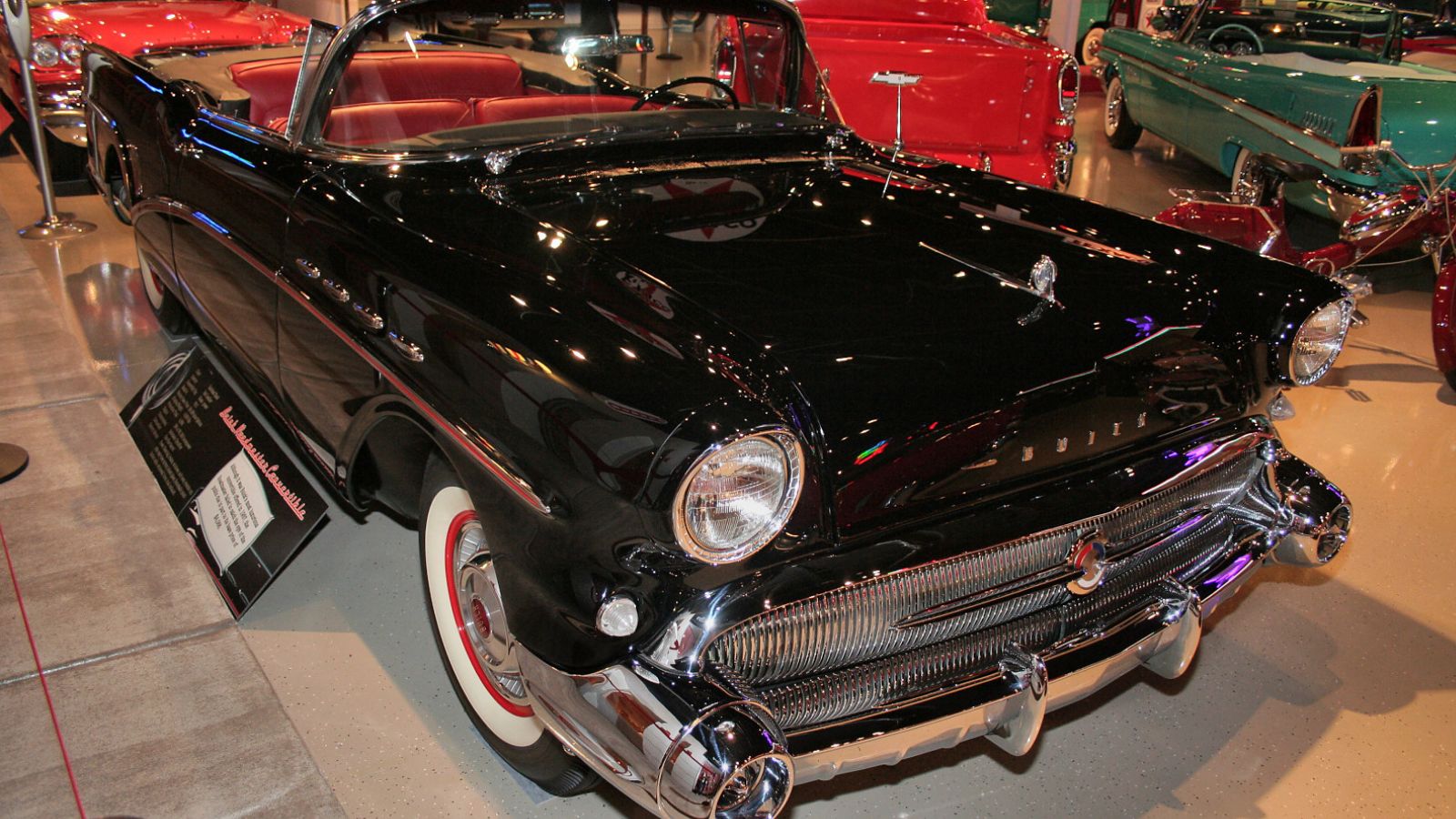
The Buick Roadmaster was a symbol of American prestige. With its sweeping body lines, extravagant chrome trim, and smooth V8 power, it was as much about making an entrance as it was about getting to your destination. The Roadmaster captured the confident, bigger is better spirit of American automaking.
1959 Maserati 3500 GT
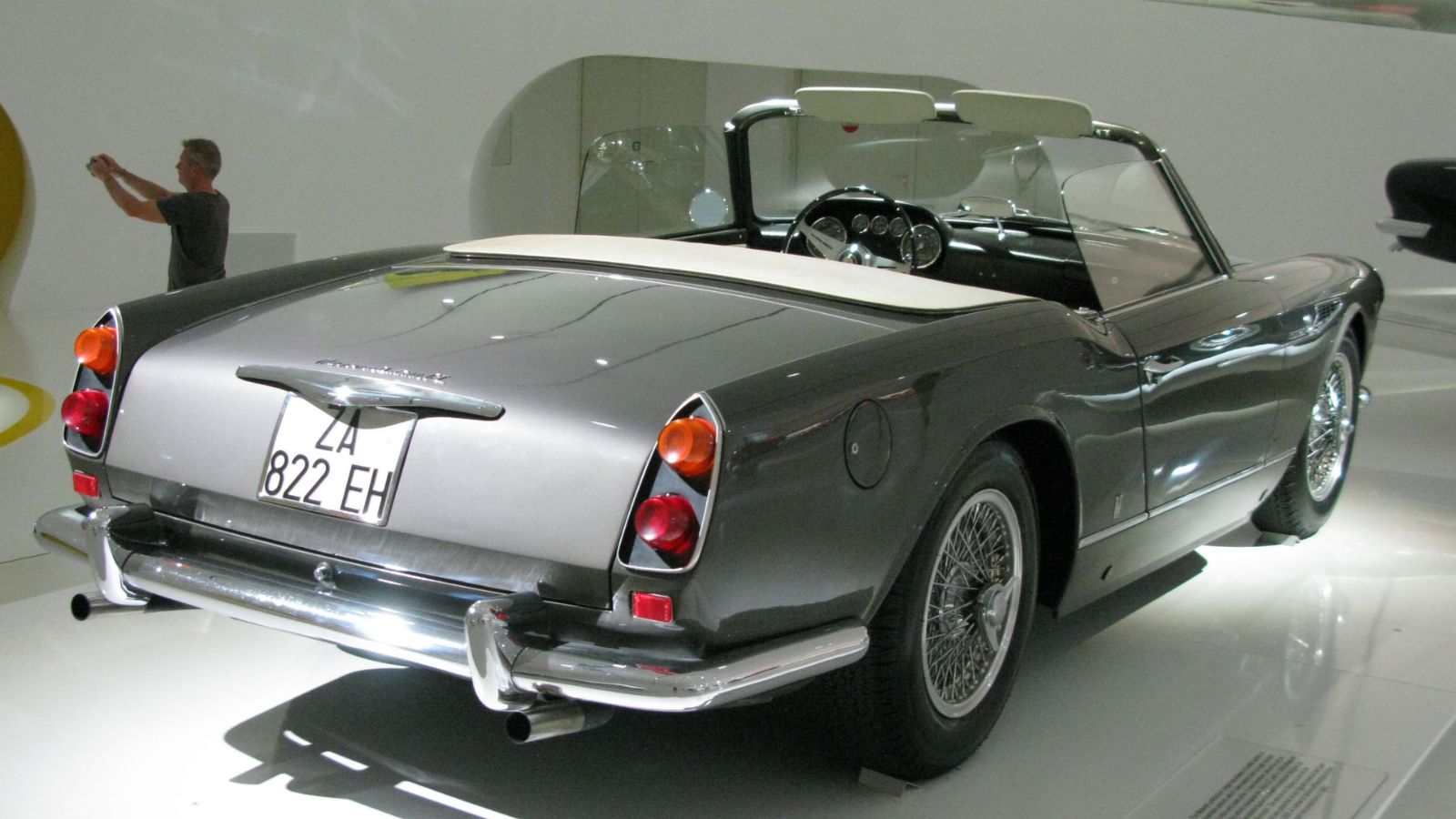
Maserati transitioned from racing to road cars with the 3500 GT, its first successful production grand tourer. With a straight six derived from Maserati’s racing engines and elegant bodywork by Touring, it gave Italian buyers a sophisticated alternative to Ferrari and Aston Martin. The 3500 GT became the car that secured Maserati’s reputation as a builder of refined yet thrilling road cars.
1955 Porsche 356 Speedster
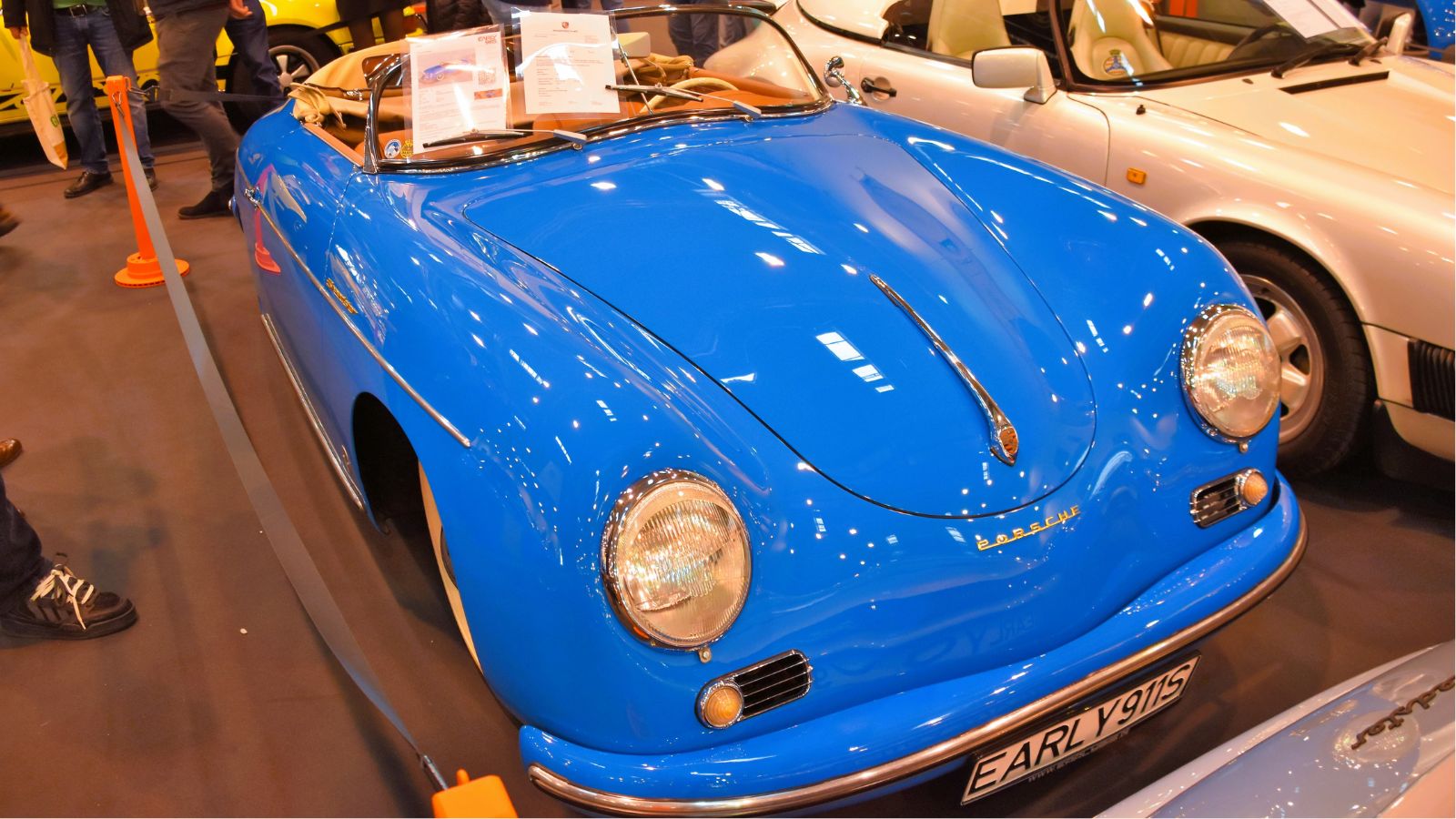
Porsche’s first true production car, the 356, became a legend in the 1950s. Lightweight, nimble, and reliable, it was a sports car that enthusiasts adored. The Speedster variant, with its cut down windshield and minimalist design, became especially iconic, loved by celebrities like James Dean. The 356 defined Porsche’s identity and set the tone for every 911 that followed.
1957 AC Ace Bristol
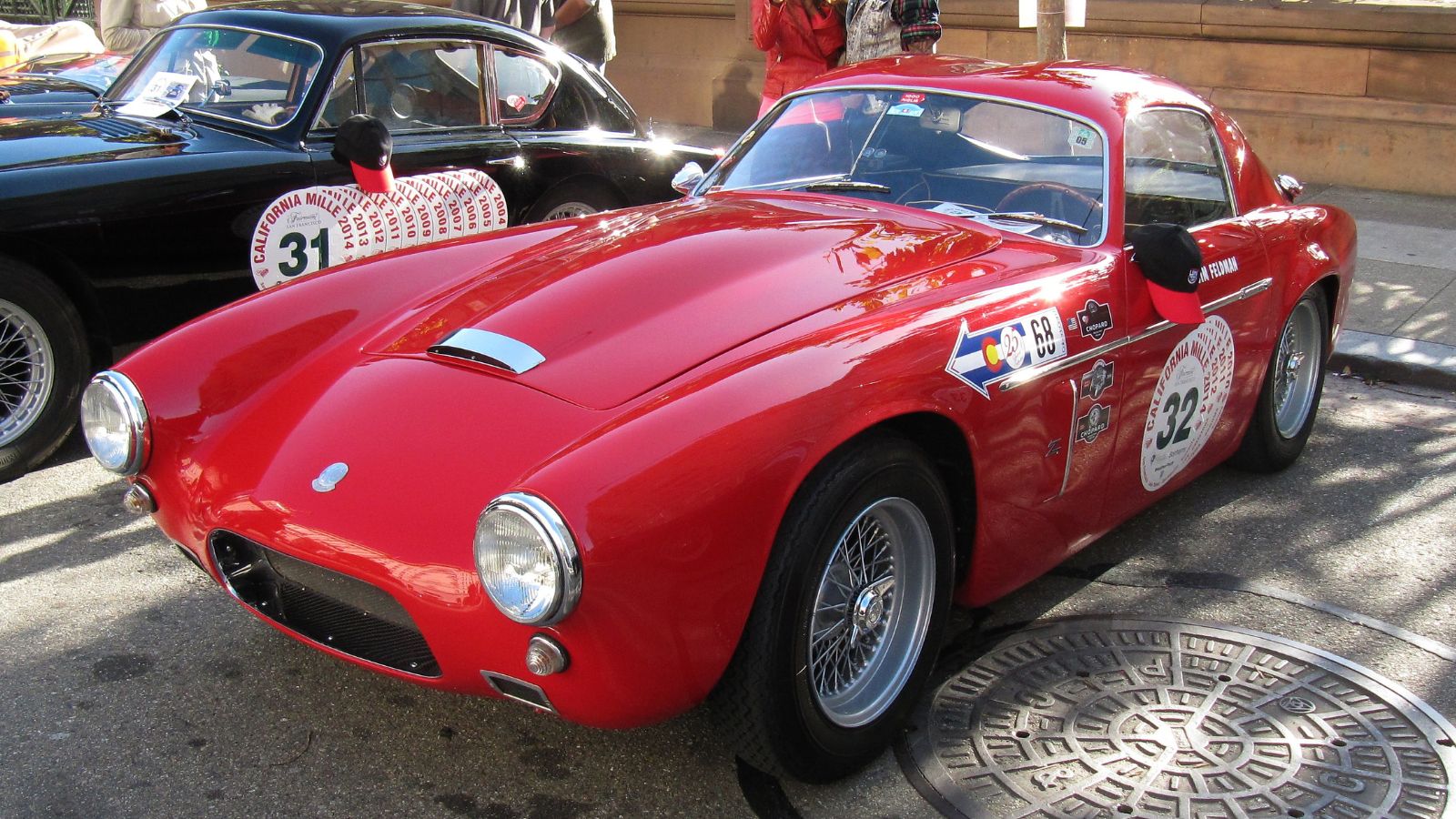
Before it became the basis for Carroll Shelby’s Cobra, the AC Ace was already a beautiful British sports car. With lightweight aluminum bodywork and Bristol straight six power, it combined grace with performance. The Ace represented the purist sports car ideal of the 1950s and paved the way for one of the greatest Anglo American collaborations in automotive history.
25 Facts About Car Loans That Most Drivers Don’t Realize

Car loans are one of the most common ways people fund car purchases. Like any other kind of loan, car loans can have certain features that can be regarded as an advantage or a disadvantage to the borrower. Understanding all essential facts about car loans and how they work to ensure that you get the best deal for your financial situation is essential. Here are 25 shocking facts about car loans that most drivers don’t realize:
25 Facts About Car Loans That Most Drivers Don’t Realize
